How 7 Towns Tackled The Smart City Challenge (And Which City Won)

Smart Cities Across America
As part of a competition called the Smart City Challenge, the U.S. Department of Transportation picked out seven finalists with the clearest plans for a fully integrated city that reshapes transportation systems.
Last week, the department announced that Columbus, Ohio, was selected as the winner of the competition. In addition to the $90 million that the city already has raised from private partners, Columbus will receive up to $40 million from the Department of Transportation and up to $10 million from business project company Vulcan Inc.
Each of the seven finalists put forth innovative ideas for showing the world what a fully integrated, forward-looking transportation network looks like. Following are the seven finalists in the Smart City challenge.
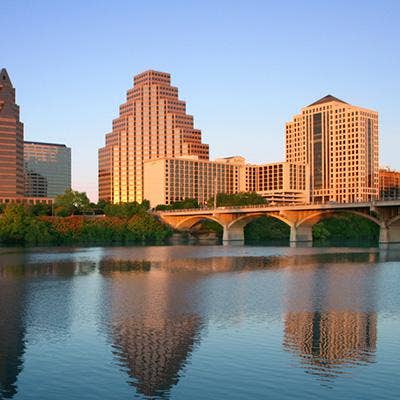
Austin, Texas
As part of its Smart City Challenge pitch, Austin aimed to accelerate plans to better use technology and improve mobility to provide safe and cost-effective roadways, bikeways and transit systems for its community.
As part of its plan, Austin would begin to develop, test and deploy infrastructure and policies to deal with self-driving vehicles, so the city could test automated shuttles and circulators in partnership with Capital Metro.
The city also outlined a vision for increased electrification of transit vehicles such as taxis and buses, while overhauling the city's traffic and congestion information infrastructure to be able to better predict and detect changing traffic conditions. This includes programs to acquire and analyze data in real time from the public and private sector transportation services.
Finally, Austin wanted to deploy a transit smartphone app that would enable travelers to book rides and pay for multiple transit services, all from one account.

Denver
Denver's Smart City proposal aimed to overcome challenges caused by rapid population growth, higher traffic congestion, and an increasing number of serious crashes. This proposal aimed to create a powerful data engine, provide more mobility options to all residents, electrify transportation throughout the city, and lead to intelligent, automated vehicles.
As part of this plan, Denver wanted to convert a significant percentage of the city's fleet vehicles to electric and accelerate the build-out of electric vehicle charging stations. The plan also had environmental aims, so that the city would establish a path for an 80 percent reduction of greenhouse gas emissions by 2050 and install 15 miles of new bike lanes each year.
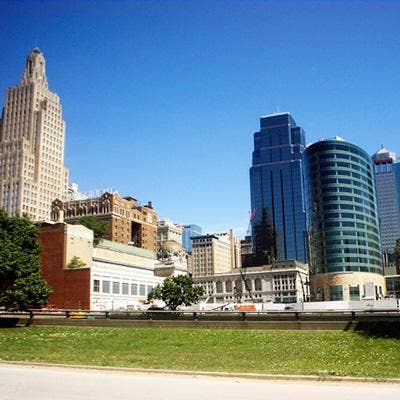
Kansas City, Mo.
Kansas City, which currently has modern streetcars free to the public in a two-mile-long route around the city, wanted to use real-time data to improve the flow of traffic, improve city services, support economic development and offer more free public Wi-Fi.
The first phase of the Smart City plan would occur along the two miles of the city's downtown streetcar line. Through a $15.7 million partnership established last year with Cisco Systems as part of its Smart City solution, Kansas City hoped to implement public Wi-Fi as well as make community kiosks available for residents who may not have a smartphone for accessing city services, advertising, and content specific to the locations around the city.
Cisco also proposed installing sensors and integrated LED street lighting to capture data for future smart city applications. The Light Sensory Network would automatically adjust street lights to save money and energy.
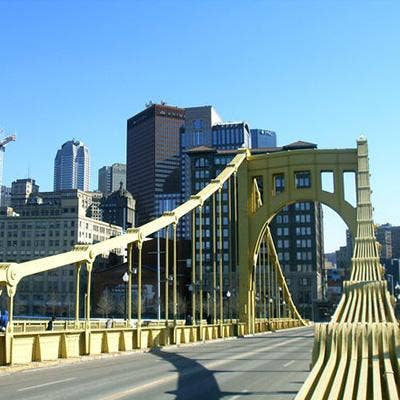
Pittsburgh
Pittsburgh's Smart City plan aimed to improve safety, better manage traffic, and shift citizens toward transit, biking and walking through connected autonomous vehicles, integrated payment systems and integrated district energy systems.
The plan would utilize adaptive transportation systems that evolve over time as technologies improve, and would pilot ’Smart Spines’ that use new sensor information and controls that gather data on major city transportation corridors.
The system would be designed on an open platform, which would encourage innovation by the private sector and position Pittsburgh as a test bed for future transportation technologies.
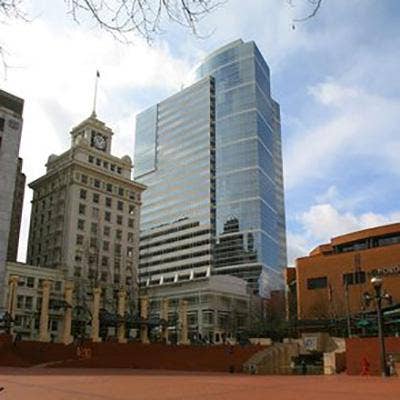
Portland, Ore.
Portland has a long history of being an early adopter of new technology and transportation (the city was the first to build a modern streetcar and launch a car share program).
As part of the city's plan, it would implement Ubiquitous Mobility for Portland to integrate innovation, technology, mobility and community to save Portland money and time and manage the transportation system effectively.
Through this program, which would use scalable distributed data architecture, mobility options and consolidated performance data, Portland would be able to allow transit users to buy and sell mobility in a secure environment with transparent pricing across mobility modes. It would also utilize data analytics to enhance system operations and optimize functionality.
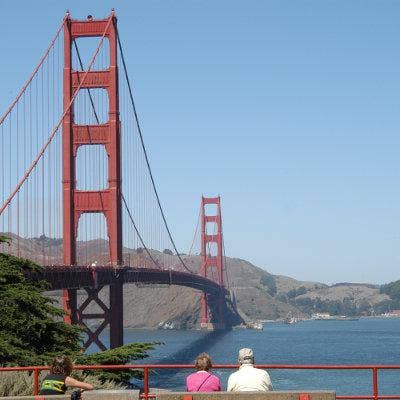
San Francisco
San Francisco's Smart City plans revolved around its ’inefficient’ transportation system, which has been designed for cars and trucks often used during a small percentage of the day.
The city aimed to embrace shared, electric and connected autonomous vehicles to transform its transportation system. This autonomous technology would be used for a shared fleet instead of private ownership so transportation would belong to everyone.
’As people are getting around in new ways that were once hard to imagine, our cities are on the front lines of change,’ said San Francisco Director of Transportation Ed Reiskin in a statement. ’The Smart City challenge has driven our cities to think ahead of the curve so that we can ensure that innovations help make our cities safer, more accessible, affordable and environmentally sustainable."
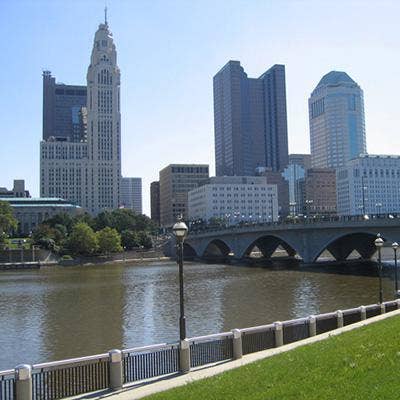
Columbus, Ohio
The Smart City challenge winner plans to develop a smartphone app, as well as a Smart City Program Office to address community challenges – providing better access to jobs, real-time traffic conditions and freight routing data, and transit options.
The city will research self-driving technology, connected vehicles and battery research, as well as planning programs to install EV charging infrastructure, providing transportation to improve prenatal health-care access in neighborhoods with high infant mortality rates and deploying autonomous shuttles.
"Our collaboration between public, private and nonprofit sectors is the perfect example of how we lift up our residents and connect all communities. Smart Columbus will deliver an unprecedented multimodal transportation system that will not only benefit the people of central Ohio, but potentially all mid-sized cities,’ said Columbus Mayor Andrew Ginther in a statement.